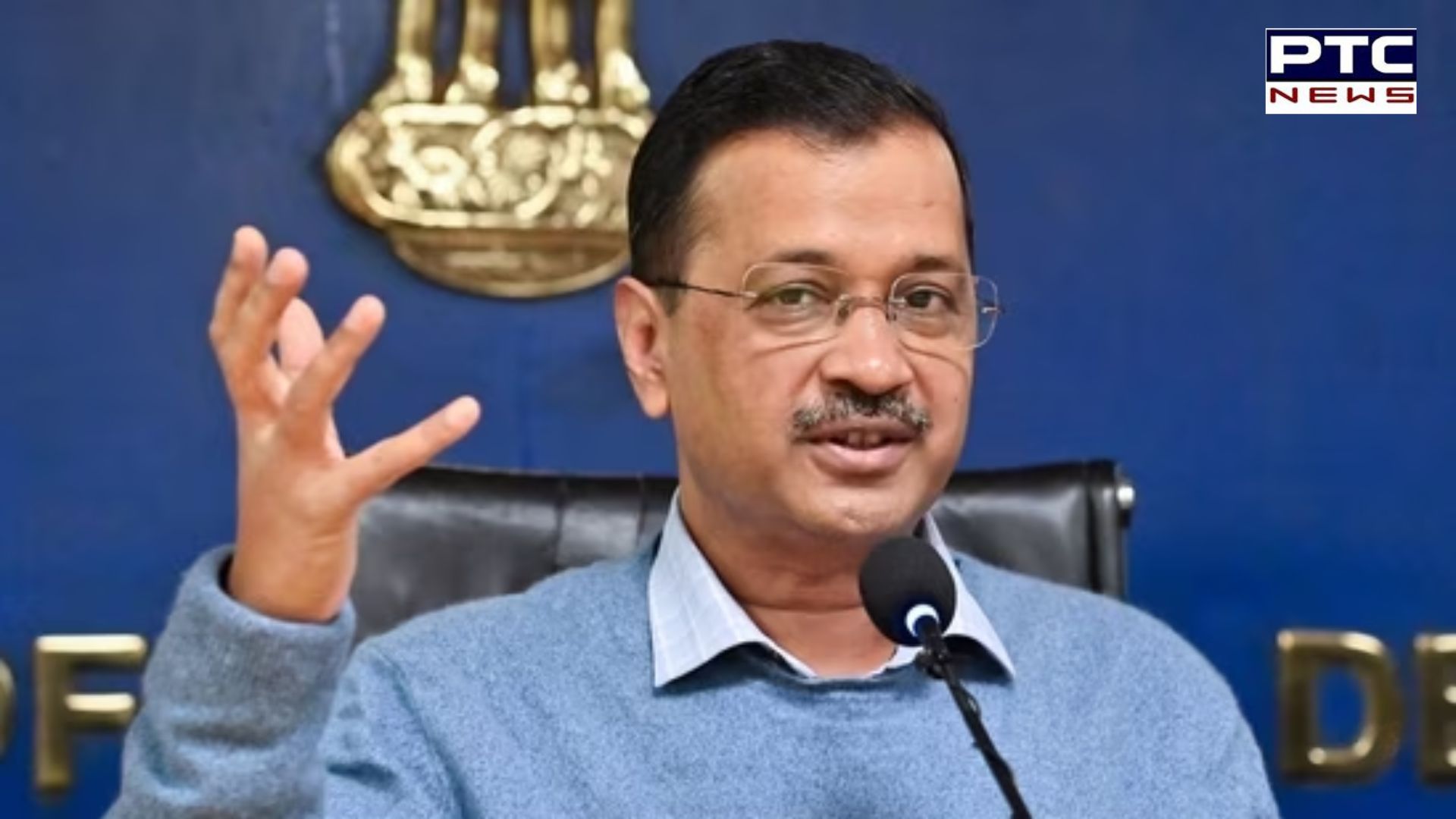

Kejriwal summoned for the 8th time in Delhi Liquor Policy case
PTC News Desk: Delhi Chief Minister Arvind Kejriwal has been summoned by the Enforcement Directorate (ED) for the eighth time in connection with the Delhi liquor excise policy scam, according to sources. The summons require Kejriwal to appear before the central agency on March 4.
Kejriwal has previously ignored seven summons, the first of which was issued on November 2. On each occasion, he has alleged that the ED's actions are "illegal" and part of a larger scheme by the ruling Bharatiya Janata Party (BJP) to undermine him and his party's electoral prospects.
/ptc-news/media/post_attachments/33838a0b157c9374af0866e25ca53bcb657f9a6dae6146e4a2d8e472385df117.webp)
Despite demands from the Aam Aadmi Party (AAP) for the ED to respect the legal process and await the decision of a Delhi court hearing a complaint filed by the ED, Kejriwal skipped the seventh summons on Monday. A special court, responsible for cases related to money laundering, is scheduled to hear from Kejriwal on March 16, where he will be required to justify his repeated non-compliance with the ED's summons.
Sources suggest that the ED continues to issue summons as the court has not intervened to halt their actions. Kejriwal's persistent refusal to comply with the summons raises the possibility of him becoming the first sitting Chief Minister to be arrested. Kejriwal was previously questioned by the Central Bureau of Investigation (CBI) in April regarding the same case, during which he maintained that the allegations against him were baseless. However, despite Kejriwal's assertions, two senior AAP members, including former Deputy Chief Minister Manish Sisodia, have been arrested in connection with the case. Sisodia was arrested in February last year, followed by the arrest of Rajya Sabha MP Sanjay Singh in October.
Also Read: S Jaishankar recalls culprits who threaten Indian diplomats, expects action
Also Read: Akhilesh Yadav calls 3rd seat bid in Rajya Sabha election a 'test' as results awaited
The case revolves around accusations that the AAP government's revised alcohol sales strategy enabled the receipt of substantial kickbacks from cartels. It's alleged that these funds were funneled into financing election expenses in Goa and other states.
Both the Enforcement Directorate (ED) and the Central Bureau of Investigation (CBI) claim that the policy encouraged cartelization and favored specific dealers who paid bribes to obtain liquor sale licenses.
The AAP vehemently denies these allegations. They point to a reported 27 per cent increase in revenue generated by the Delhi government from the policy, amounting to ₹8,900 crore. Additionally, the party accuses the BJP of orchestrating the agency's actions to target them.
Also Read: All you need to know about the four selected astronauts for Gaganyaan mission
Also Read: PM Modi announces names 4 astronauts for Gaganyaan
(Inputs from agencies)
-
